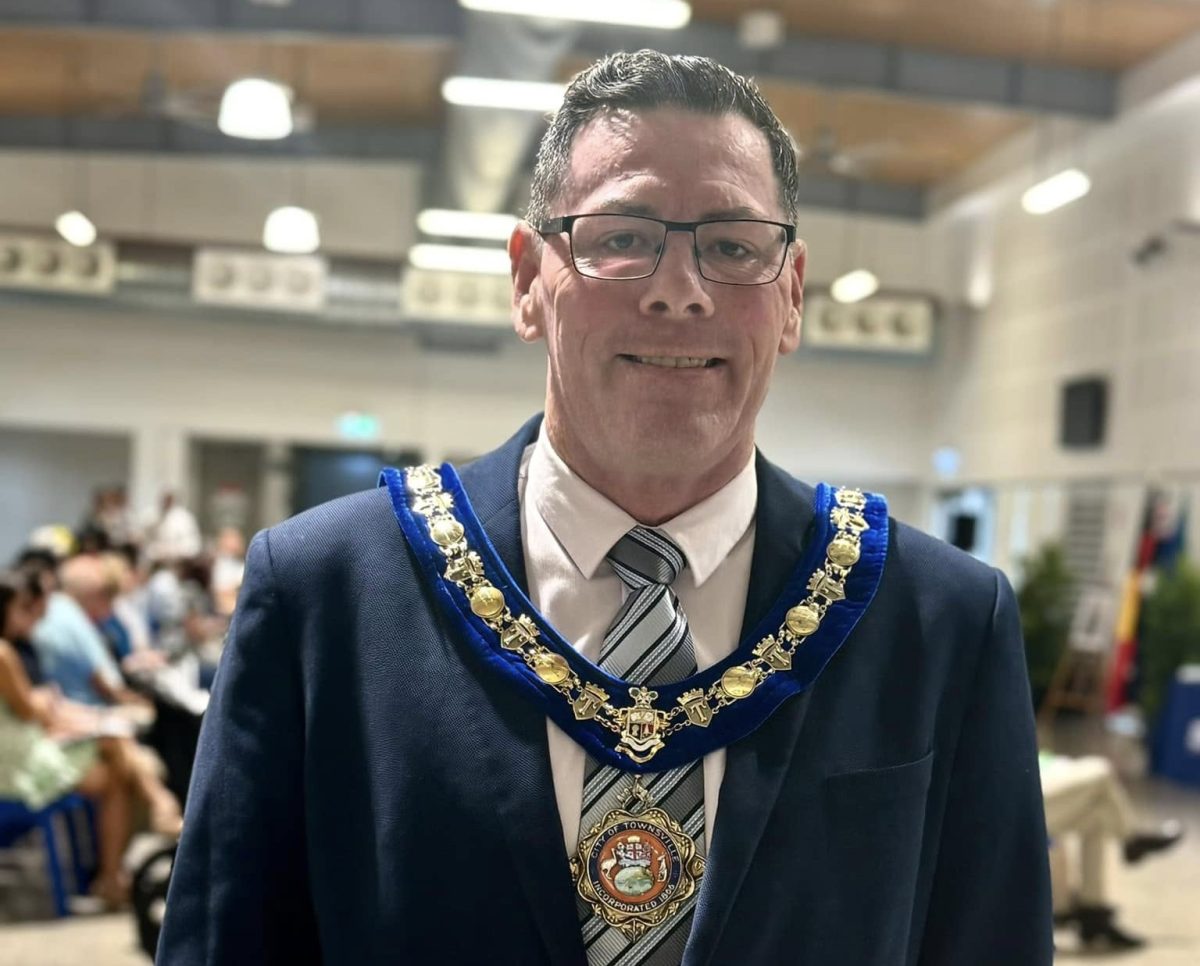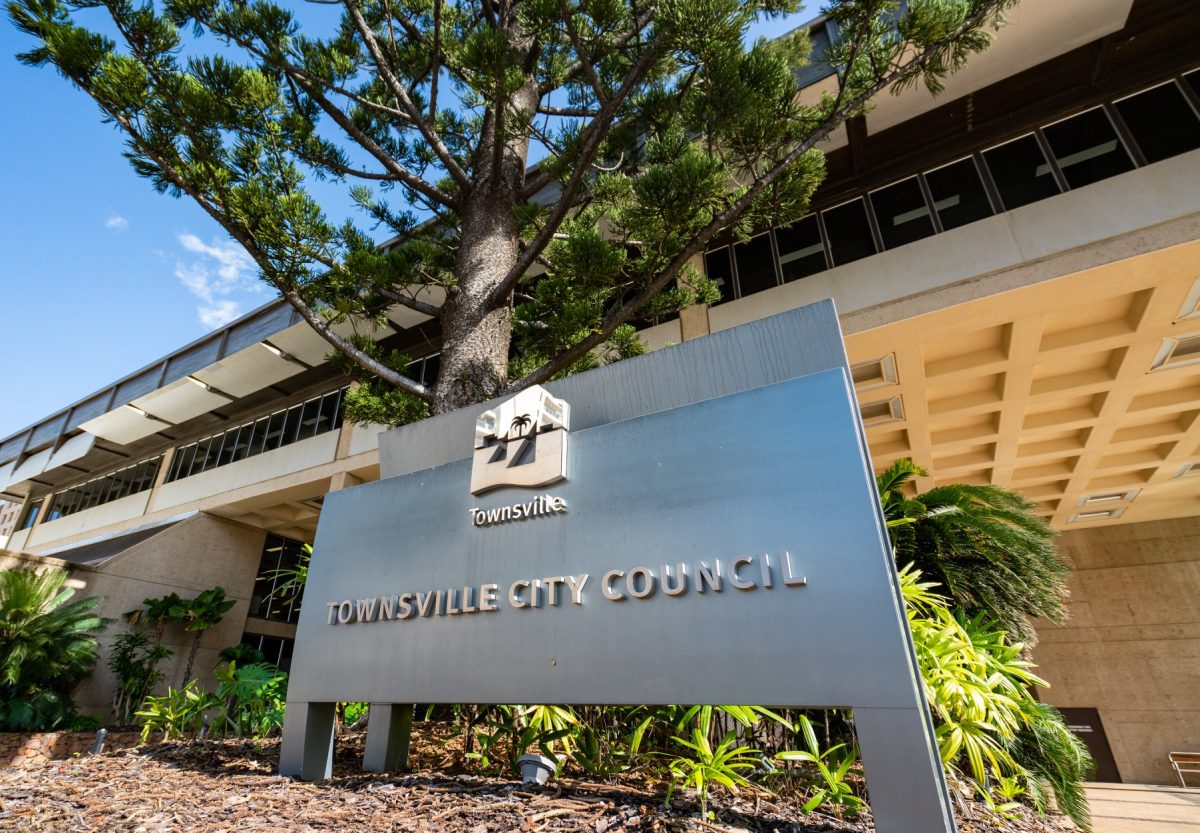
With Troy Thompson (above) stepping down as Mayor, Townsville City Council will now be led by Deputy Mayor Paul Jacob. Photos: Facebook.
Townsville City Mayor Troy Thompson has been suspended for a year on full pay, sparking local government calls for the “extraordinary provisions” for dismissals to be reformed.
In May, the Mayor was referred to Queensland’s Crime and Corruption Commission (CCC) for an investigation into his military service history, which Mr Thompson has been accused of exaggerating since before his election a couple of months earlier.
Local Government Minister Ann Leahy confirmed that Mr Thompson had been suspended as Mayor for 12 months but would continue to receive his annual salary of $225,206.
While Deputy Opposition Leader Cameron Dick retorted that the Mayor would be “laughing all the way to the bank”, Minister Leahy said: “This result is a win for the residents of Townsville, who deserve stability and a functioning local government.”
In response to his suspension, Mr Thompson said he would return to the role of mayor once “cleared of all allegations”.
In a Facebook post, he denied “any and all allegations that have been made to date, and will rightfully defend my position through the legal system”.
“As disappointed as I am, this has set a precedent for councillors across Queensland, that the state government may suspend a democratically elected member without a proper judicial process taking place.”
While the Local Government Association of Queensland (LGAQ) backed Minister Leahy’s transparency in how she approached the issue, chief executive officer (CEO) Alison Smith said the process for his exit could be improved.
“The LGAQ maintains its view that the provisions under the Local Government Act (2009) that allow for the suspension or dismissal of a mayor, councillor or council ‘in the public interest’ are extraordinary provisions,” she noted.
“We call on the new State Government to review these provisions, as was initially promised by the former government when these powers were first introduced in 2018.”

Townsville’s City Council has come under fire after the Queensland Auditor-General discovered a total of $2.6 million in termination benefits was paid to council employees – compared with just $215,000 in the previous year.
In 2022, the CEO made similar calls to put the “extraordinary powers” under scrutiny, following a parliamentary committee tabling its report on former councillors of the Logan City Council.
Several councillors were charged with fraud in 2019 over the sacking of the chief executive, who had complained about convicted Logan Mayor Luke Smith. These charges were brought by the CCC, which had begun its investigation into the council in 2017.
When a subsequent inquiry was held by the Parliamentary Crime and Corruption Committee, the CCC was blasted for its actions by exceeding the limits of its powers and not considering all the evidence.
Ms Smith said the LGAQ had called for this commission of inquiry because the Logan matter “damaged not just the livelihoods and reputations of those wrongly charged, but also the reputations of the CCC and the local government sector”.
“As we have always said, Queensland needs to have a fearless CCC that is thorough, rigorous and robust,” she added. “But it must have adequate checks and balances to preserve its own reputation and trust with the public, and to ensure it is not abusing its extensive powers.”
The CEO went on to call for a legislative review of section 175K of the Local Government Act (2009), regarding the suspension of councillors charged with a ”disqualifying offence” and welcomed the inquiry’s listing of this as an additional area for the government to consider.
“The Logan matter demonstrates the unintended consequences that can arise through the use of this section,” Ms Smith said.
“We would like consideration given as to whether the automatic suspension should only occur once a councillor has been committed to stand trial, or indicated their intention to plead guilty, to ensure those charged are not denied natural justice.”



